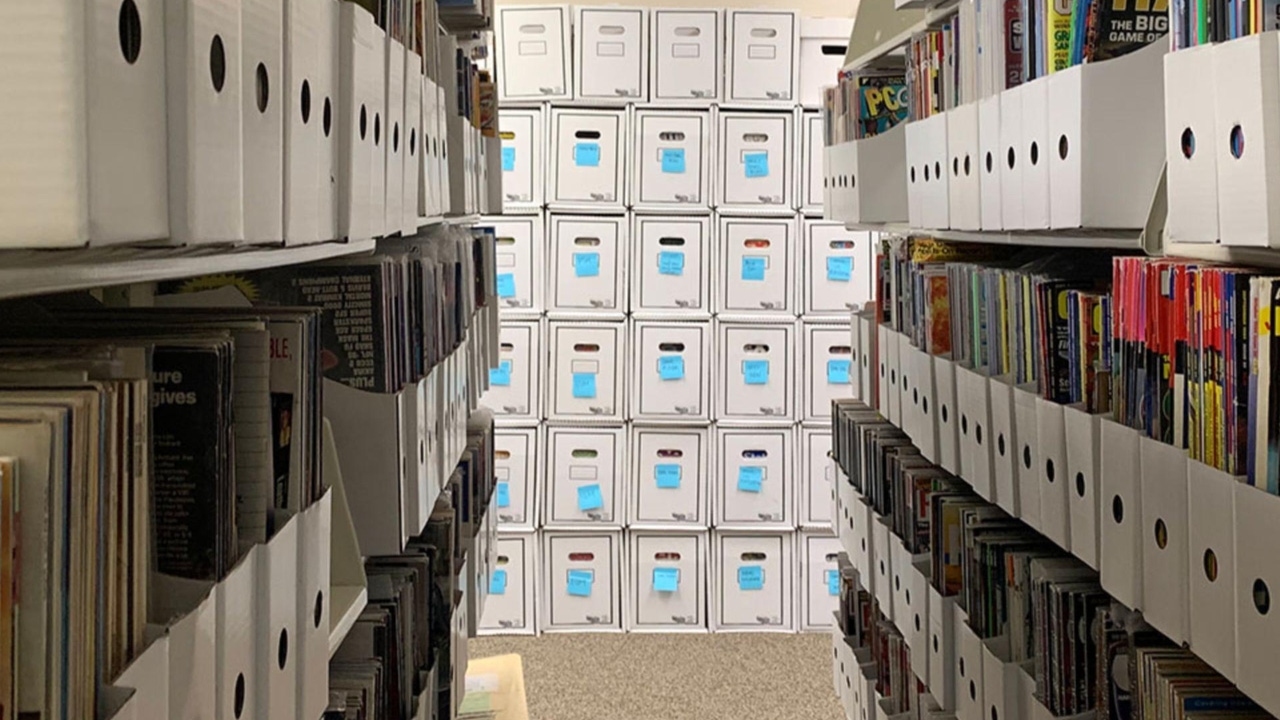Trending
Opinion: How will Project 2025 impact game developers?
The Heritage Foundation's manifesto for the possible next administration could do great harm to many, including large portions of the game development community.
The Video Game History Foundation brings the game industry's longstanding issues with proper game preservation to light.

87 percent of classic video games released before 2010 in the United States have failed to be preserved in any real capacity, according to the Video Game History Foundation (VGHF).
In a new study on classic video games and their "commercial availability," the VGHF found that these older titles are "critically endangered." While the Library of Congress has made preserving games easier, it's been an issue in the game industry for years, and the study underlines how much of its history could easily be lost.
The study shows that video games released between 1975 and 1979 have an availability rate of .89 percent , while the early '90s (1990-1994) has 19.33 percent. Coming in behind the '90s are 2005-2009 (17.89 percent). Less than 3 percent of games released before 1985 remain in print today.
A console's ecosystem was a major factor in their availability status. The Commodore 64, for example, is considered "abandoned" because of its low sales and lack of available games; the PlayStation 2 is deemed "active" since its games have been re-released on a consistent basis.
Nintendo's Game Boy systems were previously an "active" system due to their games being available on the Nintendo 3DS and Wii U eShops. But after those storefronts were ended earlier this year, the number of available games declined, turning the handheld family into a "neglected" ecosystem.
The VGHF notes that there are a small handful of ways that games can be preserved these days, from owning a collection of retro consoles and games to just straight up piracy. It attributed the industry's preservation issues to the Electronic Software Association (ESA), saying the organization "has consistently fought against expanding video game preservation within libraries and archives."
Also complicating matters, according to the VGHF, are "outdated copyright laws are preventing institutions like ours from doing our jobs." Though libraries and archives have permission to digitally preserve video games, they're limited in what they can do with games compared to other media such as books or movies.
Some developers like Bleem creator Randy Linden have started to take game preservation into their own hands. But the VGHF believes the issue will worsen in the coming years, and called on the industry to "acknowledge that most classic games are out of print, and that the commercial market alone can't solve this."
The full report on game preservation can be read here. In it, the VGHF acknowledges other important factors in the matter, such as video game remakes, source code leaks, and re-releases for specific systems.
Game Developer has also reached out to the ESA regarding the VGHF's statements about its preservation stance, and will update when a response is given.
Update: In an email to Game Developer, the ESA responded to the VGHF's allegations of repeatedly interfering with video game preservation.
The organization says it "and its member companies are committed to, and actively support, professional efforts to preserve video games and do so in ways that do not jeopardize future economic opportunity for their creative works."
"The game industry's creative and economic vitality depend on strong copyright protections."
You May Also Like